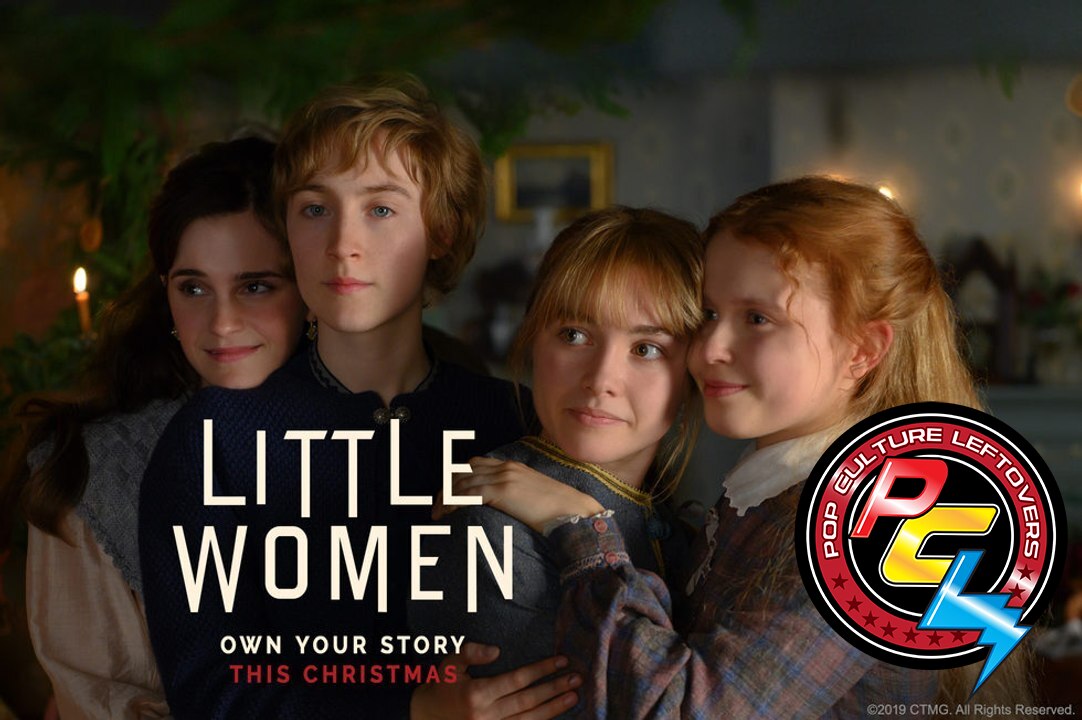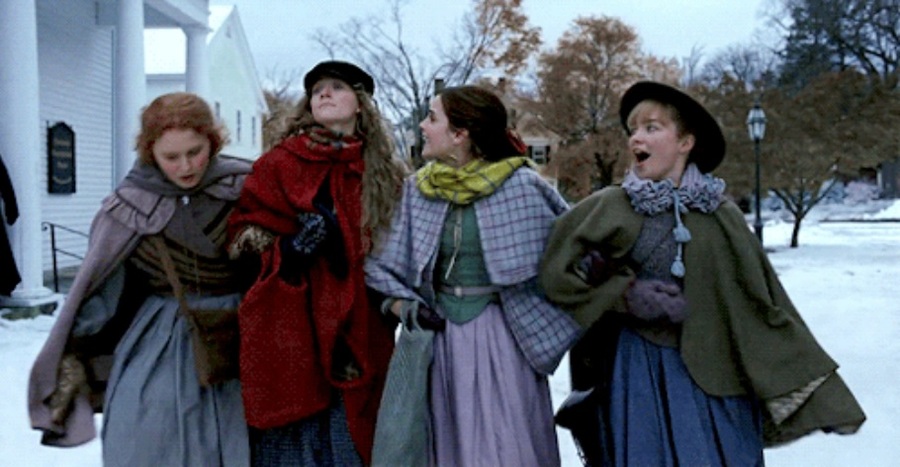
“Little Women” Review by Josh Davis
January 6, 2020 8:03 am |
Writer/Director Greta Gerwig’s take on “Little Women,” based on the classic novel of the same name by Louisa May Alcott, is a surprisingly sweet and faithful adaptation.
Gerwig, just 36, first broke out as an actor, excelling in edgy arthouse films like “Hannah Takes the Stairs” (2007) and “Frances Ha” (2012), both of which she co-wrote.
Her feature film directorial debut, 2017’s “Lady Bird,” earned five Oscar nominations, including Best Picture, Best Director and Best Original Screenplay for Gerwig, and a Best Actress nomination for Saoirse Ronan. Gerwig is only the fifth female director ever nominated.
With “Little Women,” Gerwig reteams with Ronan, who plays headstrong young writer Jo March. She lives with her mother, Marmee March (Laura Dern), and three sisters in small town Massachusetts during the late 19th century.

Emma Watson plays eldest sister Meg, Florence Pugh (who broke out earlier this year in “Midsommar”) plays the youngest sister Amy, and Eliza Scanlen (“Sharp Objects”) is the second youngest, Beth.
The movie moves in and out of a seven-year period of the sisters’ lives. As young girls, Jo writes plays for her siblings to perform and tries to sell short stories to a local publisher. Meg dreams of being an actor and Amy fancies herself a painter. Beth, shy and musical, develops scarlet fever and battles the illness for many years.
As time moves forward the sisters slowly drift apart, starting with the marriage of Meg to John Brooke (veteran TV actor James Norton), a relatively poor man who Meg nonetheless loves. Brooke has been tutoring wealthy boy-next-door Theodore “Laurie” Laurence (Oscar nominee Timothée Chalamet), and Laurence tries, but ultimately fails, to court Jo.
Amy travels to Paris with Aunt March (Meryl Streep) to study art and later runs into Laurence, who she had a crush on as a young girl. Jo, meanwhile, pursues a literary career in New York City.
Gerwig is faithful to the source material, and her strong writing and direction – and great performances all around – make for a strong ensemble. In “Lady Bird,” Gerwig showcased the difficult relationship between a young woman and her mother. Here, she highlights the bonds of sisterhood as they endure time and distance, and no small amount of hardships.
Newlywed Meg struggles to adapt to her new financial circumstances, Jo has an identity crisis as a strong-willed female author during a male dominated era, and Amy is often reminded (mostly by Aunt March) that she’s the family’s last hope to land a wealthy husband.
Beth is mostly homebound, but is doted on by kindly neighbor Mr. Laurence (Chris Cooper), who fosters her love of music.
When Beth’s illness takes a turn for the worse, her sisters come home to care for her. We also meet Father March (Bob Odenkirk), a Union chaplain during the Civil War who had been away for years. Amy is last to come home, and it’s with the surprise of her new husband, Laurence.
Despite the sad circumstances, we see the girls’ bond has grown and strengthened. Rivalries that separated them years ago have washed away, while Beth’s passing serves as a reminder of how fragile a life can be.
Jo, who was particularly close to Beth, turns her grief into a new novel about her sisters. She also finds love in a former professor (Louis Garrel of “The Dreamers” as Friedrich Bhaer), although it’s little more than a footnote in the film.
Rather than dwell too much on any of the romantic courtships, Gerwig aims most of her focus on the relationship between the four young women, and she deftly balances the seven-year time lapse that moves back and forth throughout the movie. Coming from indie roots, her direction is remarkably earnest and unironic here, and both the cinematography and strong costume design help tell the story without pretense or artifice.
Ronan and Pugh each turn in particularly strong, nuanced performances, and Streep and Cooper standout in smaller, supporting roles.
There’s a slight twist to the traditional ending that’s also satisfying. In the book, Jo and her husband inherit Aunt March’s enormous house and start a school for boys there. Here, Gerwig alters the plot slightly as the school will allow both male and female students. It’s a minor change, but it underscores the movie’s subtle threads throughout about female strength and empowerment during the male-dominated 1800s.
Gerwig again proves herself an exception writer and director, and Ronan the perfect filmmaking partner in the lead role. Here’s to hoping they get to make many more movies together.
PCL Rating: Tupperware
Rotten Tomatoes Rating: FRESH 🍅
Tags: Josh Davis, Little Women 2019, Little Women Greta Gerwig, Little Women movie 2019, pop culture leftovers
Categorised in: Movie Reviews
This post was written by Leftover Brian
Comments are closed here.




